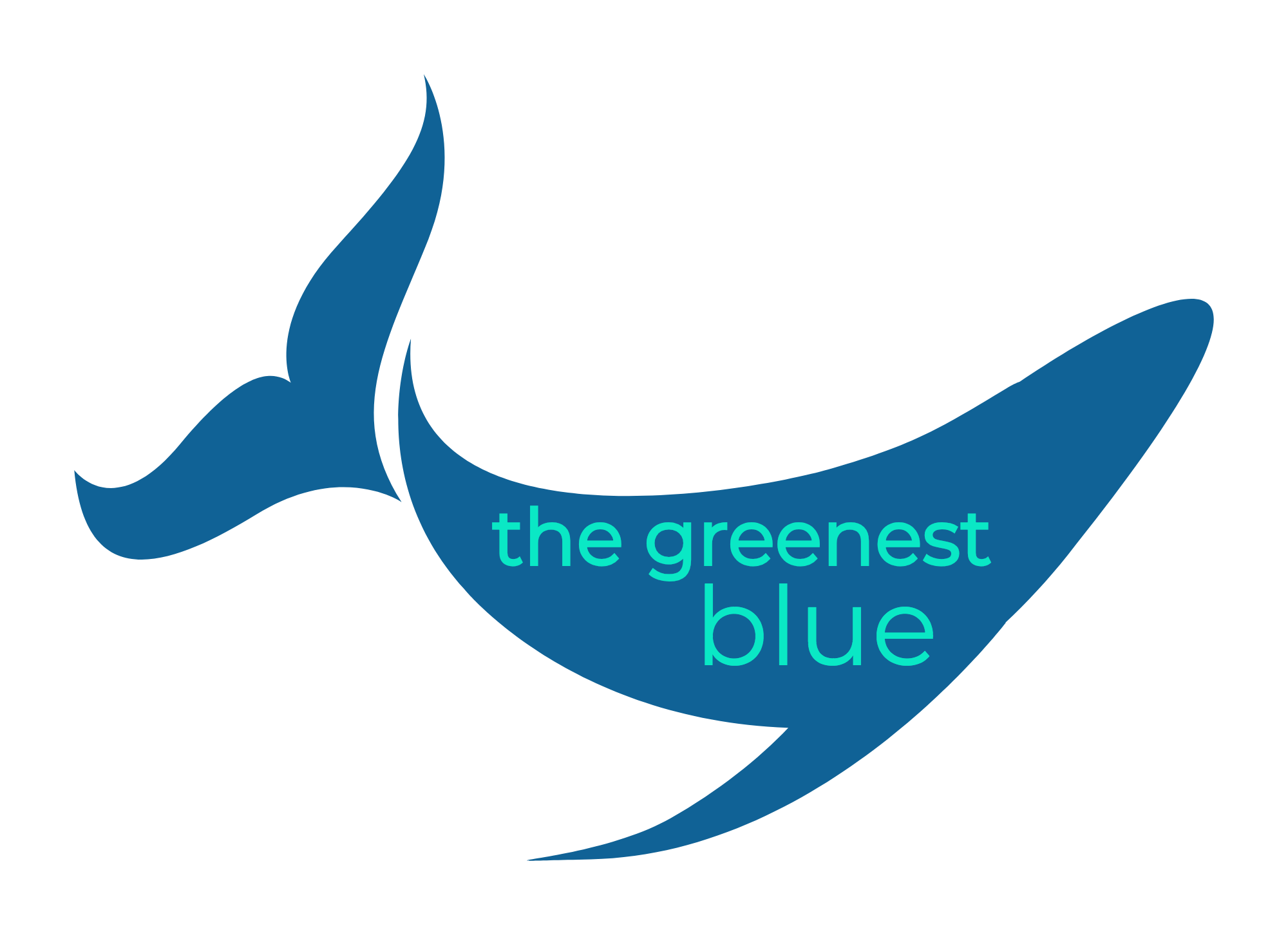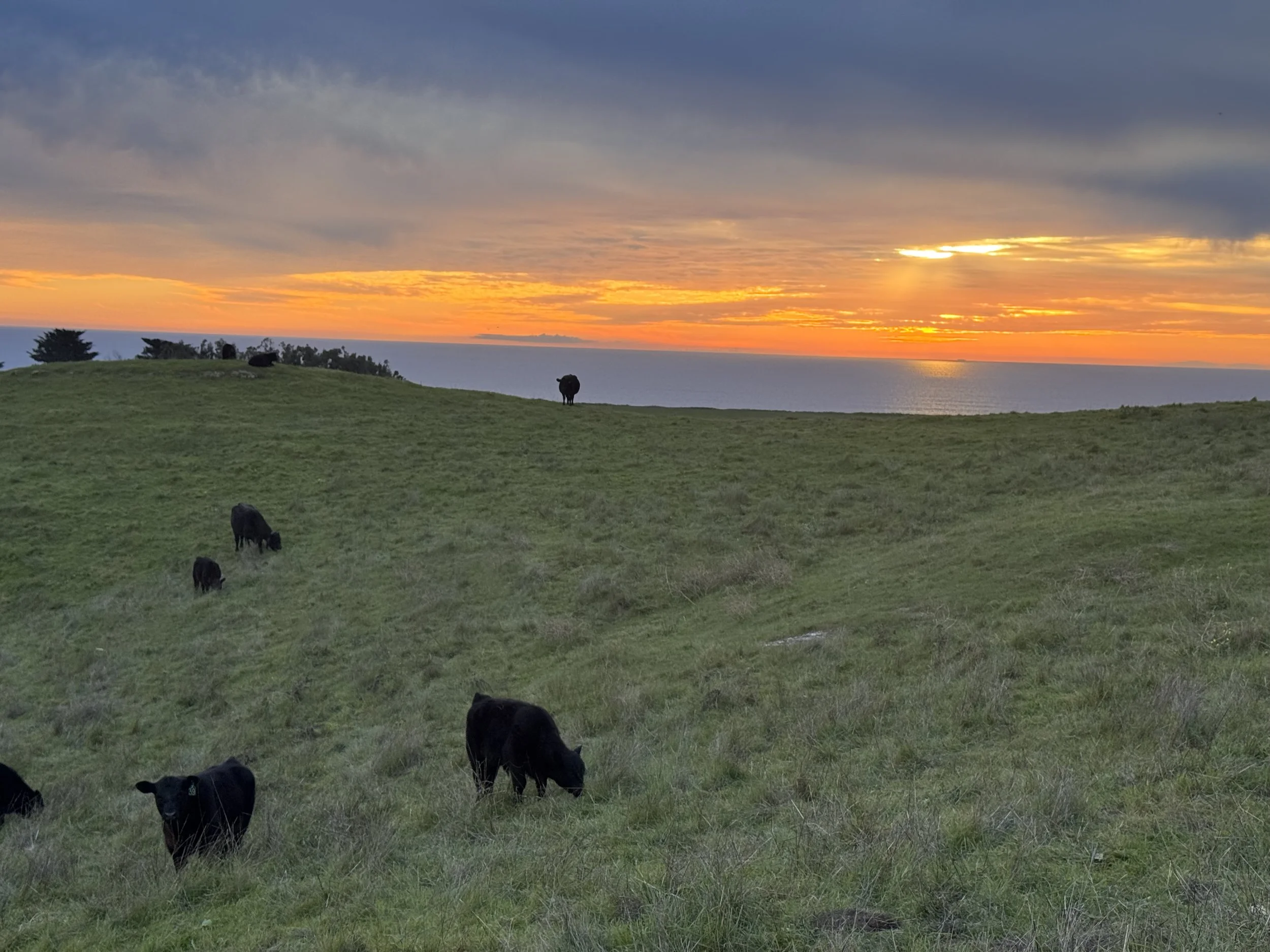A Simpler Way to Talk Green: Making it easy to understand and discuss climate change
I’m pretty sick of all the heavy negative weight around the words “climate change.” Yes, it’s scary. It’s horrifying that we are letting things get this bad. But at the same time, it’s a problem that we are facing, and there are many people taking positive action. It’s not all doom and gloom. Humanity has faced problems before. We’ve tackled issues and seen both successes and failures, and plenty of bumps along the way. In the end, doesn’t it come down to acknowledgement, understanding, collaboration and problem-solving? I feel like a lot of us don’t really know where to start when it comes to talking about climate change, or even wrapping our heads around the whole thing. We don’t know how to bring it up, what to think. I listened to a really excellent Green Dreamer podcast the other day that focused on summarizing climate change science into three basic facts. Dr. Jeffrey Bennet is an astronomer, teacher, and author with a very casual and easy-to-understand interview style. He offered practical ideas for solutions to talking about climate change, as well as climate change itself. And the episode was only 30 minutes! I recommend listening to the whole thing here, but I’ve summarized some of the key ideals that really stuck out to me.
So how can we speak intelligently and clearly about climate change in our day-to-day conversations? Why does it matter? What if the people we’re talking to don’t believe in it? Let’s just put it down to science. Here are the three key facts of climate change that anyone can accept, as offered by Dr. Bennet.
climate change broken down into three easy facts
1) Carbon dioxide and other greenhouse gases make planets warmer than they would be otherwise.
Look at Venus! It’s a planet that is very similar to Earth except it has an 800 degree F surface temperature. The reason? There is 200,000 times as much carbon dioxide on its surface than on Earth. This is basically proof that greenhouse gases make planets hotter than they would be without the addition of those gases to the atmosphere. So, basically, we KNOW that the burning of fossil fuels and the addition of greenhouse gases to Earth’s atmosphere causes global warming - the main question at this point is how fast this warming process will unfold and how severe those consequences will be.
The biggest risk? Damage to human civilization. Will we be able to grow enough food? Are people going to need to leave their homes because of flooding and other environmental disasters? Will it cause mass migrations? It sounds dramatic, but the planet Earth is still going to be there after it warms up too much for us to exist on it. So this isn’t so much about saving the planet, but about saving ourselves and our civilization.
2) Through the burning of fossil fuels and other activity, we know we’re adding greenhouse gases to our atmosphere.
This is something we can’t deny. By burning coal, oil, and natural gas, we are adding carbon dioxide to the atmosphere at a pretty alarming rate - enough to increase the concentration of carbon dioxide in the atmosphere by 4 ppm/year. A lot of that carbon actually dissolves in seawater, and the resulting chemical reactions result in a reduction of the overall pH levels in the sea - hence, ocean acidification. Different marine organisms are affected to varying degrees, but the outlook isn’t great.
3) What we are doing right now will cause the Earth to warm. We know this with certainty because of numbers 1 and 2 - it’s not as complicated an issue as we first thought.
All of the crazy political drama, the debates, the conventions…these are all discussions over the details. We know the facts. Why are we wasting so much time implementing practical steps to fight the planet’s warming by arguing over how to do it? We know there’s a risk, and the next obvious step would be to take the steps needed to alleviate the risk, not ignore it.
But…there’s no instant gratification
Climate change is a hard one, particularly because we don’t instantly see the results of the actions we are taking to alleviate it. There’s no instant gratification, and this is something that modern-day society (and probably humankind throughout history) is very much addicted to. I even wrote a blog post about the importance of delayed gratification last year, because it’s so relevant to conservation! It comes back to the issue of how do you make someone care enough to take action? I think one of the most obvious ways is to put these facts in front of someone and help them to understand the risks at stake. Like I mentioned above, we’re not just trying to save the planet. Earth, just like Venus, is going to be there whether humankind survives or not. It might not look the same way it does today, but as far as we know, it’ll still be orbiting that sun.
We’ve faced problems in the past. Every generation has their own battle, right? That’s what I’ve been told by a few people when I break down and confess my fear over our planet’s fate. It’s been made all the more real to me every day that I spend out on the water, encountering the incredible wildlife that also call Kaikoura home (LONG before any human ever did). Their world is changing so much at the hands of my own species. I can see it directly.
Extreme weather. Species extinctions. Habitat destruction.
is our society equipped to handle this issue? I think yes.
This podcast, even though it covered a heavy topic, was very encouraging to me. As a species, we know how to handle problems. We’ve done this successfully in the past with some pretty hefty issues. Dr. Bennet points to one very clear example: the Montreal Protocol. Finalized in 1987, this was a global agreement to take action in protecting the stratospheric ozone layer by phasing out the production of substances life CFCs and halons, known to be ozone-depleting substances. It was the first treaty to achieve universal ratification by all countries in the world. One of the best parts is that it worked; the ozone is still considered to be on a path to recovery, and improvements have been seen. On the U.S. Gov’s website, we are told we can expect a near complete recovery by the middle of the 21st century. I’ll take that with a couple grains of salt, but it’s still encouraging to see that many nations were able to come together and agree on this.
What is the solution to climate change & the political debates around it?
The solution that just might work: a carbon tax. How can we get people from all political persuasions to agree on this? The Citizen’s Climate Lobby calls it a Tax & Dividend plan. Basically, a carbon tax is collected from the corporations that are burning fossil fuels and the revenue from that tax is distributed back out to the public through monthly dividend checks. This way, it’s not affecting the government’s net revenue, and the political issue of where to spend any extra money is removed. It will be going straight back to the public. With a carbon tax in place, the price of fossil fuels will directly reflect the actual damage that’s at stake - what the true cost is to us as a society. As soon as this happens, we’ll find that the price of renewable energy sources that don’t involve carbon release become cost competitive with the burning of fossil fuels. And then - say HELLO to a market for new technologies that will help society to thrive on more renewable energy. This could lead to a very rapid transition away from dirty dirty carbon.
And the best part is that conservative and liberal economists alike recognize and approve of targeted tax as a solution. So what’s the hold-up? You probably guessed it - politicians. We need the votes in Congress to pass it…and the signature of the president.
so what can we do as humans & citizens of the planet, right now?
VOTE! Get politically active. Make sure you’re researching which candidates support action on this issue, and then make your voice heard. There are plenty of Republican candidates that are in support of this targeted tax, so it doesn’t matter which side of the political spectrum you’re on. We’re all going to benefit from a carbon tax. Strengthened economies, reductions in pollution, public health benefits, less carbon…
“But what if it’s all a great big hoax and we make a better world for nothing?” Dr. Bennet drops this quote in one of his books on climate change as a way to really put the issues surrounding climate change in perspective. There is no downside to putting these changes into place, whether or not climate change is something you believe in. The solutions are good for the planet in every way.
I hope that you feel empowered. You can instigate change, and you are a unique person, even if the challenges we are facing aren’t. Whether it’s through your career, your side projects, your volunteer work, your voting voice, even your day-to-day lifestyle choices…you can make waves. And I hope this post helps to break down the confusion and craziness of climate change for you in an easy-to-understand way. We have the power to change this. We can make it happen!
And just for more motivation - here’s my favorite song to play when I’m running, when life throws me curve balls, or when I’m just dead tired, mentally or physically. Or when I feel overwhelmed by fighting climate change. Thanks Sia.













For now, I want to share this particularly special experience that is unfolding, right now. I’m on a ship in the Antarctic, specifically the Antarctic Sound on the northeast side of the Western Antarctic Peninsula, with a group of 120 women and non-binary people in STEMM. It’s facilitated by Homeward Bound. Read more here: it’s late, and this girl needs to get to bed.
But I wanted to start a log of our experiences each day, and I need to get caught up before time flashes by and I’m disembarking in Ushuaia in two weeks. Updates will be mostly through photos, as that is the energy level I’m working with currently.
Kinnes Cove
Home to a bustling Adelie penguin colony, with some Gentoos and a random Chinstrap or three thrown into the fray. We saw a sleepy, chunky Weddell seal hauled out on the shoreline, and a few lazy humpbacks cruised past our zodiacs on their way to redder pastures (because of krill, duh).